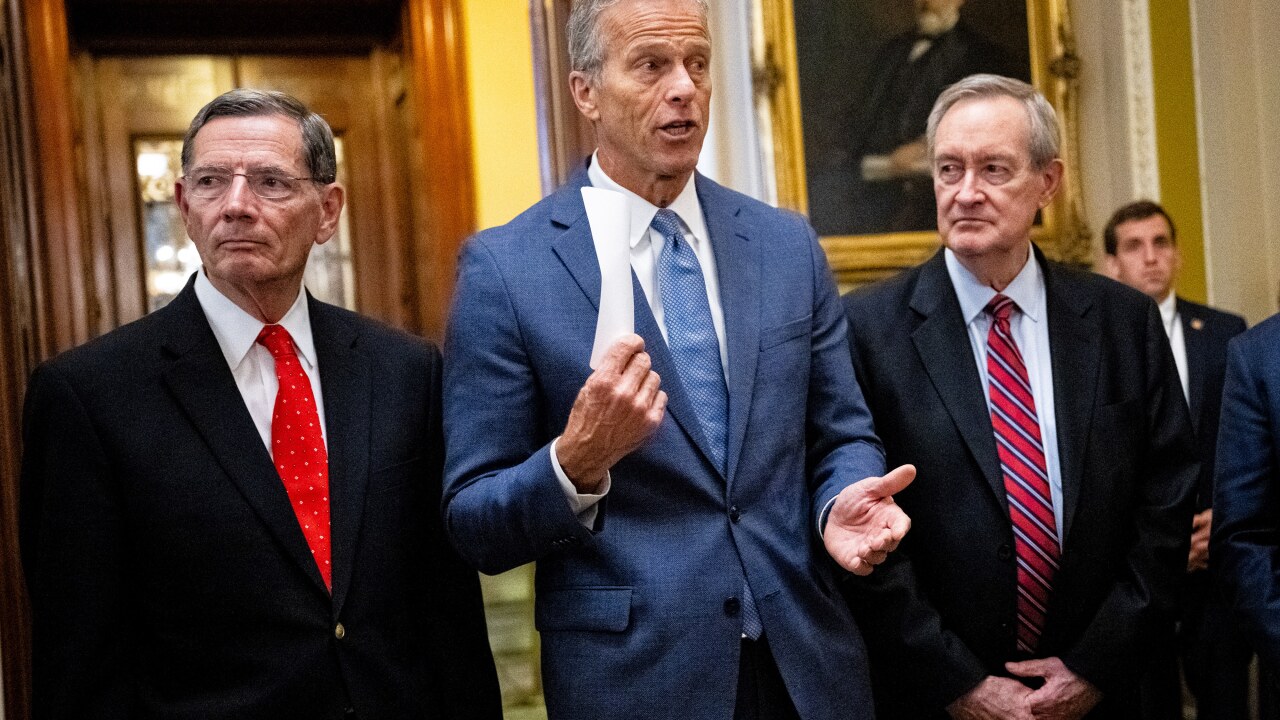Receiving Wide Coverage ...
Heading out: Andrew J. Ceresney, director of the SEC's enforcement division, said he will resign at the end of the year after three years at the agency. His move follows that of his boss, SEC chairwoman, Mary Jo White, who last month announced her intention to leave.
Wall Street Journal
Cashing out: Insiders at banks have been taking advantage of the 18% run-up in financial stocks since the election of Donald Trump by cashing out of their shares, according to InsiderScore, which tracks insider trading. "Insiders at U.S.-listed banks, brokerages and financial-services companies are poised to set records for the sheer number of people selling stock and the dollar value of shares sold in the fourth quarter, based on data since 2003," the Journal reports.
But that doesn't mean they're bearish on their companies' futures. "Some insiders could be locking in profits or exercising options that are close to expiration. Many banking executives in particular have held underwater options in the years following the financial crisis," the Journal notes.
Cashing in: Cash-back rewards credit cards are becoming increasingly popular with consumers, which is prompting banks to keep upping the ante to attract customers. "But the recent explosion in cash-back cards has some industry executives worried the market is getting overheated," the Journal reports. "They say the hefty rewards aren't sustainable for the banks and may not ultimately drive the brand loyalty that is the goal of such programs."
Denial: The FDIC, the OCC and the Federal Reserve denied charges by the payday industry that they are putting pressure on banks to stop doing business with the high-cost lenders. Advance America, a leading payday lender, and an industry trade group filed an emergency motion last month alleging regulators are arm-twisting banks to drop payday customers. The three regulators filed court papers Thursday denying the allegations, which they say are based "on erroneous and unsupported speculation."
Financial Times
Recalled: Financial regulators in the U.K. plan to re-interview executives at Citigroup about the bank's role in October's "flash crash" in the British pound. The FT said the decision to recall Citi is the result of its reporting that the bank's Tokyo operations may have played a central role in the October 7 plunge.
Fees win: Whether the Trump administration succeeds or not in repealing the fiduciary rule, fee-based financial advice seems to be overtaking commission-based retirement accounts. And for a simple reason, the FT's Lex column notes: "Fee-based assets tend to offer higher, more predictable revenues." At Charles Schwab, for example, "competitive pressures have driven down average commissions by a third in 10 years."
Washington Post
Higher and higher: Long-term mortgage rates rose for the sixth week in a row and are now at their highest levels in more than two years after rising 66 basis points in a month and a half. Freddie Mac said the average 30-year fixed-rate mortgage rose to 4.13% last week, up from 4.08% the previous week and 3.95% a year ago. The rate on 30-year fixed-rate loans hasn't been this high since October 2014.
Quotable ...
"I'm not going to predict what the future will hold, but I will say that strong enforcement is important to the markets. I think it's a bipartisan issue." — Andrew J. Ceresney, head of the SEC's enforcement division





